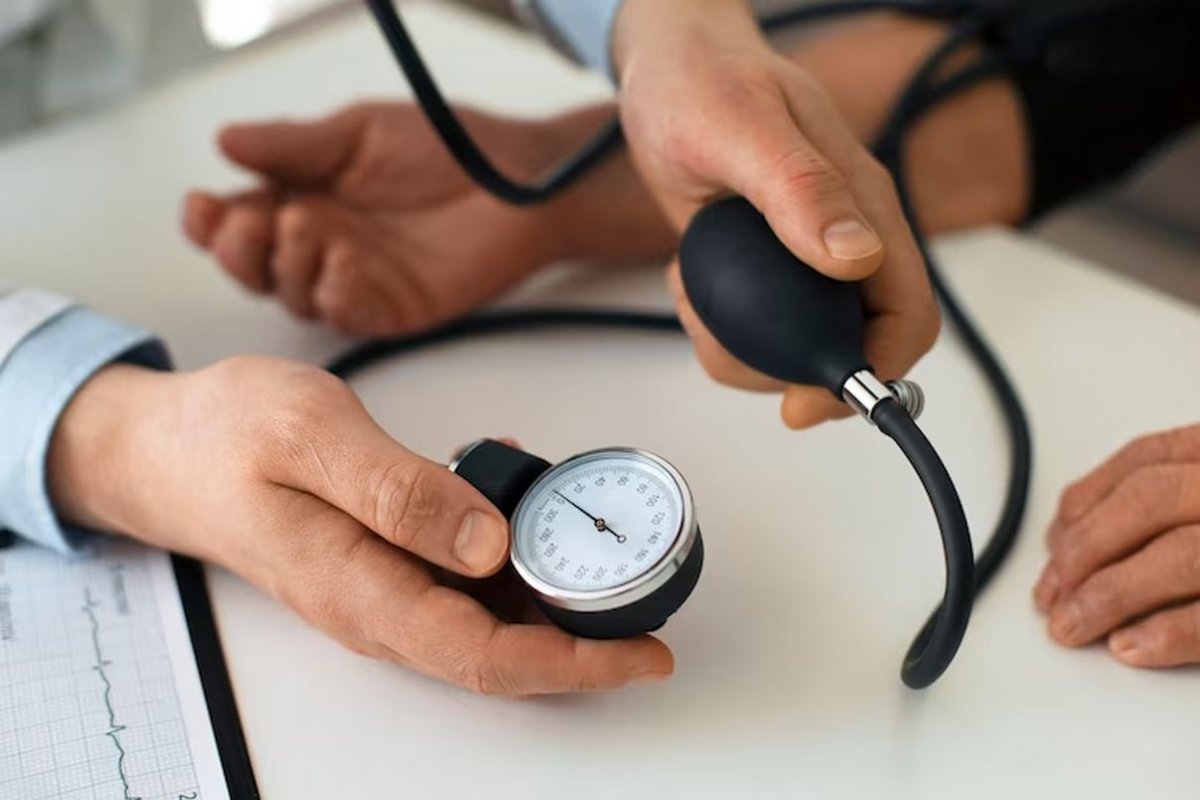
A cardiologist, candidate of medical sciences, clinical psychologist Anna Korenevich told what stable high blood pressure is. This is an important point in the treatment of hypertension, she stressed.
The doctor reminds: hypertension is dangerous because important organs wear out faster, “age”, become unusable with constantly elevated pressure. We are talking, first of all, about the vessels, heart, brain and kidneys.
– I would like to draw your attention to the fact that I mean a stable high blood pressure in a state of emotional and physical rest of 140/90 mm. rt. st or more. Stable means days, weeks, months and years, — the physician wrote in her blog. kidney failure, sudden death.
Pills only reduce the level of pressure for a while, but do not cure the disease. What is important to do for a cure:
- Increase physical activity
- Improve sleep quality
- Reduce line weight
- Observe work and rest hygiene
- Give up bad habits
- Deal with stress, be able to relax
- Reduce salt< /li>
Arterial hypertension is diagnosed with a persistent rise in systolic pressure above 139 mm Hg. column or a persistent rise in diastolic pressure above 89 mm.
Hypertension symptoms:
- Dizziness and headaches;
- Pulsating feeling in the back of the head and temples;
- Sensation of « fog in the head”;
- Decrease in visual acuity;
- Tinnitus and audibility of the heartbeat;
- Insomnia and fatigue;
- Deterioration of appetite and nausea;
- Compressive pain in the chest.
Which organ is responsible for pressure in the body?
There are several systems in the body that control the level of pressure and protect it from an excessive drop or increase: the heart, arteries, kidneys, a number of hormones and enzymes, and the nervous system.
See also: Surgeon Karan Rajan says belly button should be cleaned every day to avoid bad breath and infections. -for a popular dietary supplement.
Read: Persistently swollen belly is the main sign of the most “silent” type of cancer.
Important! Information provided for reference purposes. Ask a specialist about contraindications and side effects and under no circumstances self-medicate. Seek medical attention at the first sign of illness.
 Anna Korenevich Medicine Cardiologist, Candidate of Medical Sciences, Clinical Psychologist
Anna Korenevich Medicine Cardiologist, Candidate of Medical Sciences, Clinical Psychologist
